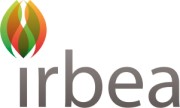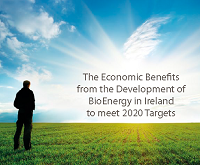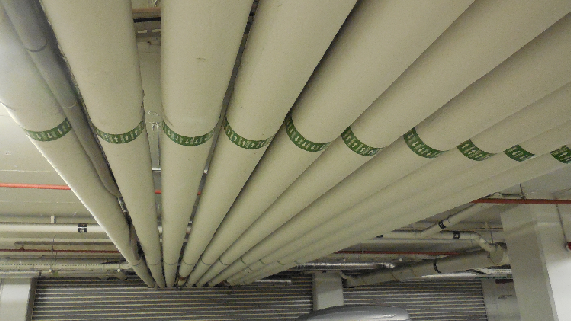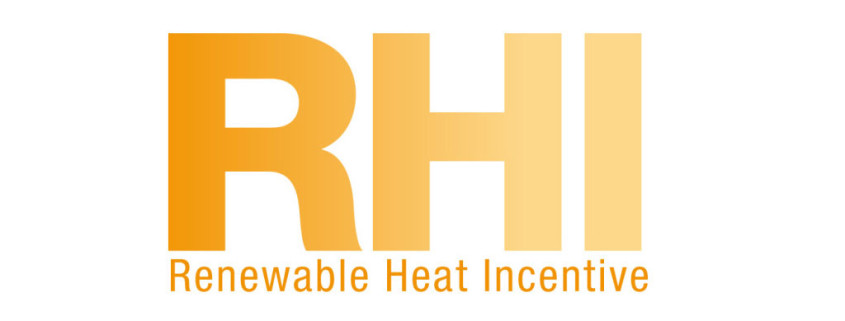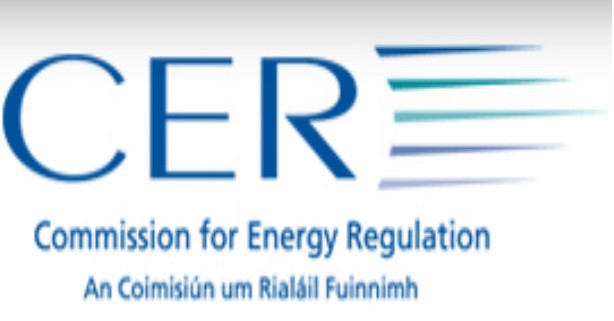Tom Bruton outlines the sector’s contribution to national policy and its future opportunities.
Bioenergy has a key role to play in halting and reversing the negative effects of climate change. Our national and European renewable energy targets remain in place and are based on substantial growth in bioenergy by 2020. The need for sustainable bioenergy resources will increase beyond 2020 as we progressively decarbonise our energy sources.
The importance of biomass in renewable heating cannot be overstated. We have to go from 5 per cent to 12 per cent fossil fuel displacement in the next seven years. We will require hard work, a coherent industry, political commitment and enlightened policy to reach our renewable heat targets.
We have a target to displace 10 per cent of road transport fuel with renewable fuels by 2020. At present we all drive with a fuel blend containing 6 per cent of biofuels in our tanks, although this is almost all imported.
There are also many opportunities, and many benefits, from diversion of organic waste from landfills into renewable energy plant, such as anaerobic digestors.
In 2012, the Irish Bioenergy Association (IrBEA) launched a study on the socio-economic benefits of developing the bioenergy sector in Ireland over the coming years to 2020.
For some time, there had been a need for a credible independent analysis of the investment required to develop the bioenergy sector, the potential for job creation and the many positive socio-economic benefits that accrue from switching from fossil fuels to indigenous sources of Bioenergy.
A key tenet of the work was the use of conservative, cautious and credible estimates. The Government 2020 projections were used as the baseline for the size of the various renewable energy sub-sectors, notwithstanding the fact there is potential to exceed these projections.
Although agriculture will play a key role in delivering energy crops and farm residues for bioenergy production, no net new employment was assumed in agriculture. The importation of most of the transport biofuels requirement was built into the estimates. Also, co-firing was only projected to happen at one of the three power plants presently fired with peat by 2020.
The independent study was completed by DKM Economic Consultants and RPS group. It confirmed the substantial economic benefits that can accrue by meeting the 2020 bioenergy targets, including:
• over 3,600 new permanent jobs in the bioenergy sector;
• 1.5 billion direct investment in the sector;
• 8,300 work years during construction and installation;
• sustaining family farm incomes in Irish agriculture;
• reducing Ireland’s energy import bill by 7.5per cent; and
• providing a secure and competitive energy source for Irish homes and business.
 A static policy environment was not assumed. It is clear that there are still regulatory and policy barriers to overcome before the 2020 targets can be met, or indeed exceeded. There are also further opportunities which should not be missed, such as:
A static policy environment was not assumed. It is clear that there are still regulatory and policy barriers to overcome before the 2020 targets can be met, or indeed exceeded. There are also further opportunities which should not be missed, such as:
• to unlock public procurement of biomass to replace fossil fuels for heating. (local energy supply contracts are under development by the Sustainable Energy Authority of Ireland which should provide a smoother path for public buildings to consider renewable heating);
• to source more of our bioenergy resources within Ireland and accrue the associated economic benefits;
• to develop export-led markets for bioenergy resources and conversion technologies; and
• to create additional value-added products and industries based around biomass resources.
Members of IrBEA and other stakeholders are working to create an environment where these projected jobs become real ones and where the bioenergy sector supports robust and sustainable economic growth in Ireland over the coming decades.
Tom Bruton is a past President of the Irish Bioenergy Association.
The Economic Benefits from the Development of BioEnergy in Ireland to meet 2020 Targets
The Economic Benefits from the Development of BioEnergy in Ireland to meet 2020 Targets (Summary Version)

